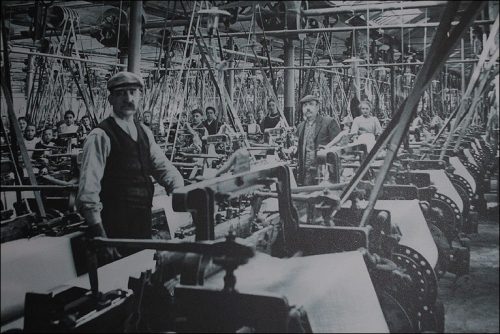I am currently reading Andrew Roberts’ excellent biography of Churchill.
It does a better job with his early life than the other biographies I have read. I am 2/3 through it and have not yet reached Pearl Harbor so the emphasis is clear. I have reflected on a couple of items, not necessarily about Churchill but about his times.
Churchill was an observer in the Boer War but had some adventures, which included being captured and escaping from a POW camp.
For example, had Cecil Rhodes and the British gold miners not invaded the Transvaal would the Boer War have occurred and, if it had not occurred, would Germany have built its High Seas Fleet?
Now the Transvaal Republic might, like the Orange Free State, have simply remained as a small shut-in self-governing state without creating any disturbance. But the Transvaalers were the sons of the stalwarts who fifty years before had sought to escape from all British control. They looked upon South Africa as a Dutch not a British inheritance; they resented the limitations imposed on them by the British, and their experience had not taught them any respect for the British Empire. Their president, Paul Kruger, had himself gone on the great trek in his boyhood. It is not possible to doubt that President Kruger dreamed his own dreams of a United South Africa, but a South Africa under a Dutch flag, not under the Union Jack; though how far those dreams were shared by others is not equally clear. But whatever his ambitions outside the Transvaal, within the borders of the republic he intended to go his own way.
But then gold was discovered in Transvaal.
In 1885, however, the discovery was made of valuable goldfields within the territories of the republic; aliens, Uitlanders as they were called, for the most part British subjects, whatever their actual nationality might be, poured into the Transvaal to exploit the mines. The Boer government had no objection to the exploitation of the mines on its own terms, which did not include the concession of citizenship to the Uitlanders till after a very prolonged residence. All the burdens of citizenship were laid on the Uitlanders without its privileges. The Uitlanders began to feel that they had no security for justice, and to demand approximately the opportunities for acquiring citizenship in the Transvaal which were readily accorded to the Transvaaler who migrated into British territory.
